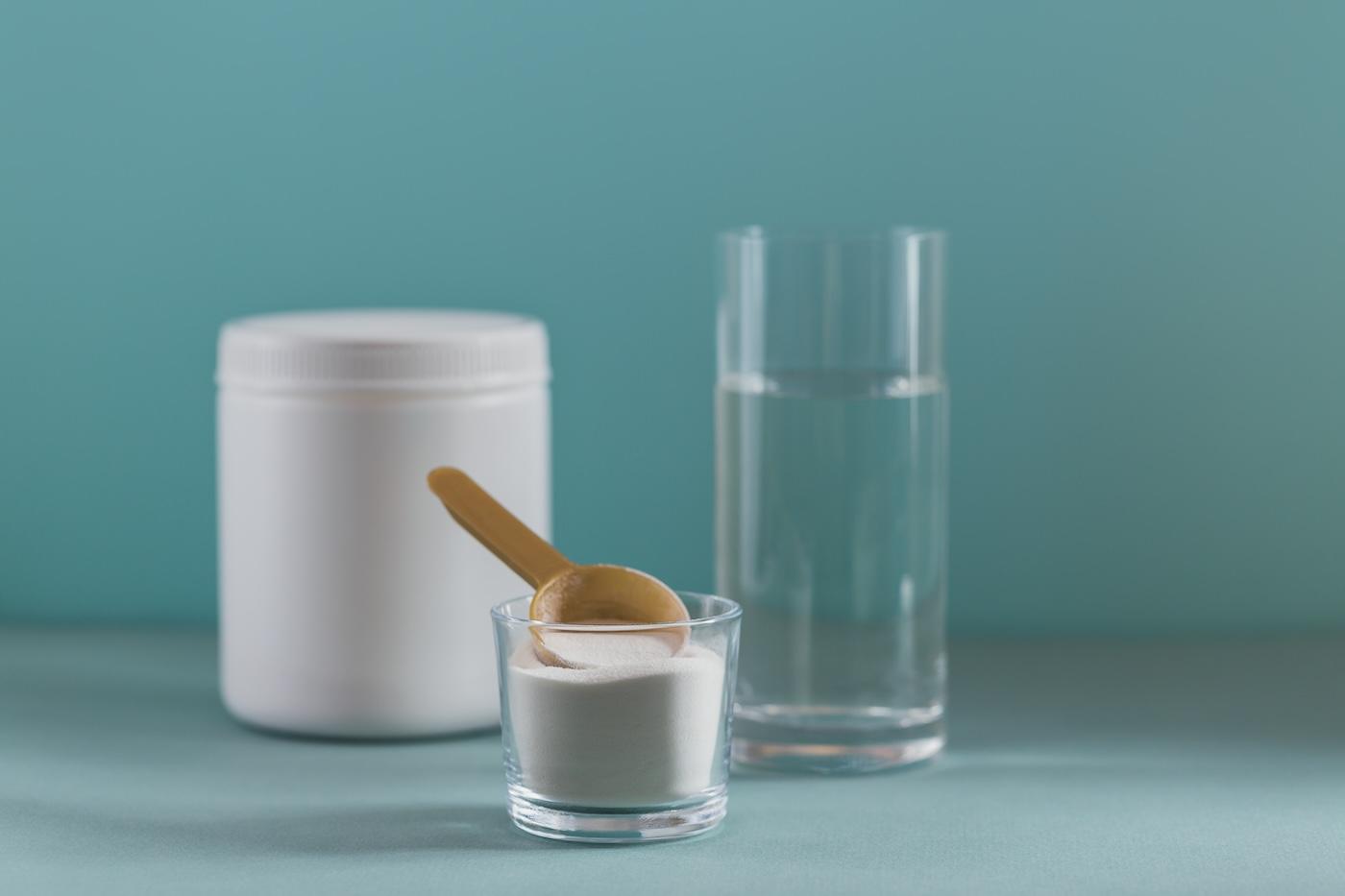PREGNANCY
COVID Vaccines and Pregnancy: What Expecting Parents Need to Know
Getting the COVID vaccine during pregnancy can be nerve-wracking. What’s scarier? Getting COVID. Here’s everything you need to know.

Written by
Dr. Harvey Karp

Right now, 184 million Americans have been fully vaccinated against COVID-19...and that’s fantastic news. That shakes out to about 56% of the population, and we are inching higher and higher every day. The bad news? The numbers are far lower for pregnant people, with only about 31% currently vaccinated with at least one dose, according to the Centers for Disease Control and Prevention (CDC). The numbers are so troubling, in fact, that the CDC just issued a call for “urgent action” to increase vaccinations among those who are pregnant. Even with all of this news, it makes sense for expectant parents to worry about anything they put into their body while carrying a baby...including vaccinations. I’m hoping to ease your worries and to arm you with the information you need to keep you and your baby-to-be safe. So, here’s what you need to know about having COVID-19 during pregnancy and the importance of getting the shot.
Is the COVID-19 vaccine safe for pregnant women?
Yes! Each of the COVID-19 vaccines are safe and effective during pregnancy. All major health organizations recommend that pregnant individuals receive the COVID-19 vaccine, including the American College of Obstetricians and Gynecologists, the Society for Maternal-Fetal Medicine, and the Centers for Disease Control and Prevention. In fact, the CDC not only recommends that pregnant and breastfeeding individuals get vaccinated—but everyone over the age of 12 gets the shot, too.
Are pregnant individuals really at a higher risk of getting COVID-19?
Pregnancy boosts your risk of severe COVID-19, related complications, and new and troubling research from the CDC found that pregnant people with COVID have a 70% increased risk of death. Scary stuff. The immune system becomes suppressed during pregnancy. While this helps ensure that your body doesn’t view your growing baby as a threatening “parasite” that needs to be booted...it also makes you more susceptible to illnesses, like the common cold and COVID-19. In addition, pregnancy hormones and your growing fetus can cause respiratory changes that make any respiratory illness, including COVID, more dangerous. Because of all of this, having COVID-19 while pregnant has been linked to an increased risk of serious illness, ICU admission, and even death, compared to non-pregnant folks in the same age-range. Having COVID while pregnant also ups your chances of pregnancy complications, like preterm delivery. And now with the highly transmissible Delta variant in play, unvaccinated moms- and babies-to-be are more vulnerable than ever.
Can the COVID-19 vaccine cause miscarriage, fertility issues, or harm my baby?
There is zero evidence that the vaccine harms your developing little one. The COVID-19 vaccine has not been associated with an increased risk of preterm birth, miscarriage, nor stillbirth—and does not negatively impact fertility. The risk of pregnant folks not getting vaccinated far outweighs the low- to no-risk of receiving the COVID-19 vaccine. Plus, when you are vaccinated during pregnancy, you are not only protecting yourself, but your baby, too. We now know that the antibodies that a pregnant person gets from the COVID-19 vaccine are shared through the placenta, which protects new babies from this nasty virus!
Will the COVID vaccine give me or my baby COVID?
That’s quite impossible! None of the authorized vaccines use a live virus. They simply use a teeny tiny bit of the virus (think of it as one word on this whole website) to kickstart your body into creating an excellent immune response. That means that you—and your unborn baby—have zero COVID exposure...but you will be on your way to having strong protection against the virus!
Is there a “best” time during pregnancy to get the COVID-19 vaccine?
There is no official ideal time or trimester to get the COVID-19 shot during pregnancy. In my opinion, the best time is simply as soon as you possibly can!
What does “fully vaccinated” mean?
You’re not in the clear as soon as that needle comes out of your arm—you’re not considered fully immunized until two weeks after the second dose of a two-dose vaccine or two weeks after receiving a single-dose version. Even when you are fully vaccinated, however, it’s important to remember that no vaccine is 100% effective. Not the flu vaccine, not the chickenpox or the measles vaccine, none of them. Even though the COVID vaccine has been shown to be effective at preventing COVID—especially serious cases—you’ll want to continue to limit exposure to the virus as much as possible. That means wearing masks indoors and in crowds and making sure your partner, family members, and close contacts are vaccinated, too.
Are COVID-19 boosters for pregnant women?
Yes! If you’re pregnant and have already had two doses of the Pfizer shot, you can and should get the COVID-19 booster shot as early as six months after you received your second dose. The CDC just approved boosters for adults with high-risk health conditions, which includes pregnancy. It’s still unclear whether boosters will be needed for those who got the Moderna or Johnson & Johnson vaccines.
Disclaimer: The information on our site is NOT medical advice for any specific person or condition. It is only meant as general information. If you have any medical questions and concerns about your child or yourself, please contact your health provider.
SHARE THIS ARTICLE
MOST LOVED
Sleepytime Sidekicks












